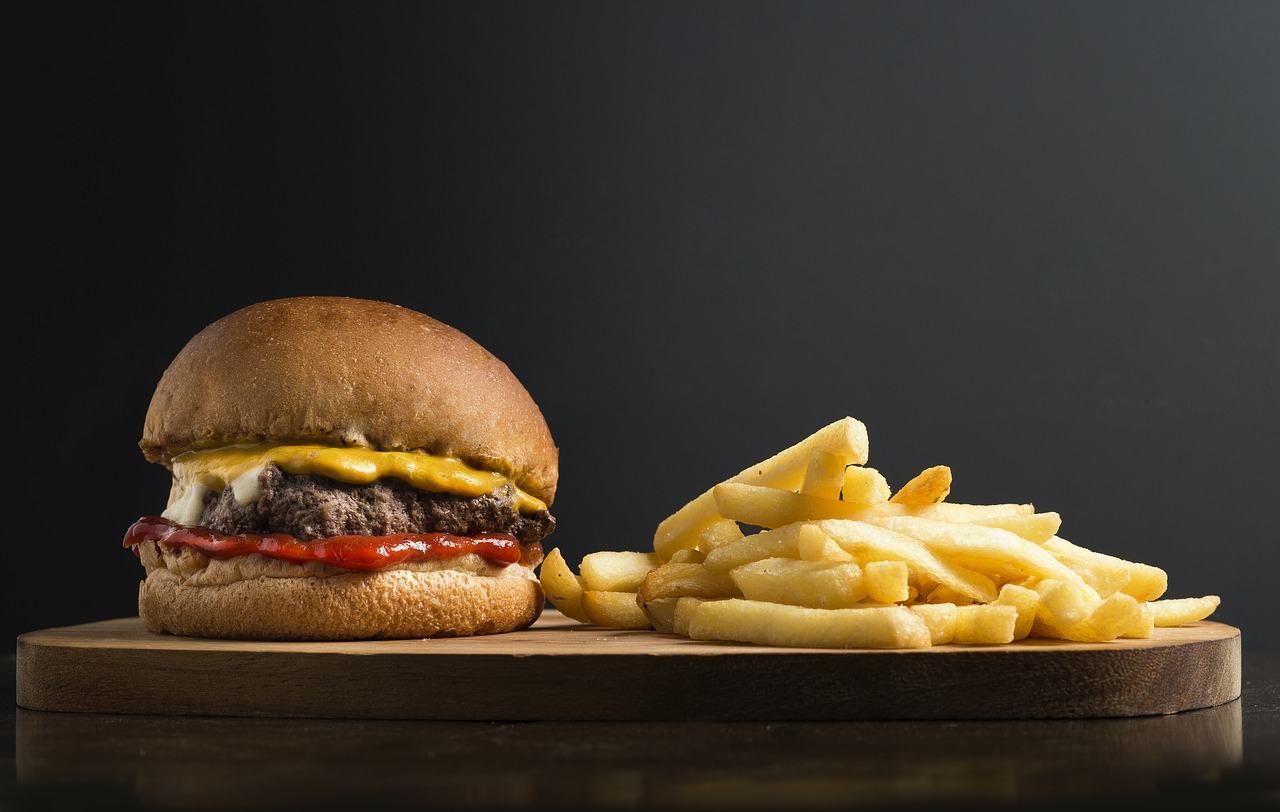Working in a pub in a wealthy area of South-East London, you can expect to hear all sorts of questionable conversations. As I’m sure you can imagine, most of our customers are journeying back to their rather lovely four bedroom home from their Canary Wharf job, and are stopping off for an overpriced beer on the way. Suited, booted and breifcased, the usual suspects are middle-aged men.
One Thursday evening I overheard a conversation that piqued my interest.
“Dave got refused at the bar the other night…bloody ridiculous, he wasn’t even that bad.”
“What, up London Bridge?”
“Yeah. But it’s just stupid. They say you can’t serve someone who is drunk. Well, what about all the fatties that go into McDonalds every day?”
“Hahaha, I see your point.…”

Normally a conversation like that would have made me roll my eyes and gossip about it with the other bar-staff afterwards. But as their conversation continued, it started to make me think a bit deeper.
“You can literally die if you’re served too much alcohol…”
“Yeah, but you can die if your heart gives up and your arteries are clogged full!”
There are an estimated 1.46 billion overweight adults worldwide. Some people blame the problem of obesity solely on fast food. But thyroid problems, contraception, depression, polycystic ovaries and fluid retention are just some of the other causes listed on the NHS website as legitimate causes of weight gain.
But there’s no denying that diet also plays a part. The worst foods for increasing a person’s weight are processed meats, ready meals, fizzy drinks, bakery items, deep fried foods and alcohol. But sadly, many of these foods are common in most people’s daily intake. For example it’s common to see the ready meal combination of crisps, ham sandwich and bottle of cola in a shopper’s baskets.
And the other factors? Throughout my teenage years, contraception was discussed at great length among my friends. The pill was reported to make you gain weight, but my experience contradicted that. It was the same with the injection; some of my friends said they hated it because it made them gain weight, but I’ve been on it for seven years now and my weight has remained ‘normal’. But, the NHS maintains that each case and each patient reacts to each hormone differently. Just because I never experienced weight gain from contraception, doesn’t mean that other people didn’t. As for the people with thyroid problems, polycystic ovary syndrome or fluid retention, some patients will have experienced weight gain, and others won’t have.
The men I overheard were probably the sort who also think that we shouldn’t sell tobacco to those suffering with smoking-related illness. I’ve known a couple of people who continued to smoke even after a lung cancer diagnosis. Some might argue that this is like an overweight person continuing to eat unhealthily after a doctor has told them to stop.

And what about the burden on the NHS? If a person’s obesity lands them in hospital with a chronic illness, or their weight requires that they have a gastric band fitted to save their life, should the NHS really bear the cost? Why should the NHS pay for weight-related treatment if the individual has ignored their doctor’s advice for years? Perhaps we could introduce some law or other to tackle this, and other self-inflicted health problems.
But that would be too authoritarian. Ultimately it should be down to the individual’s choice. If overweight people want to go to McDonalds, they should. We wouldn’t want to live in a nanny state that dictates what you can and can’t wear, eat, do, or travel, for example. People who are overweight are able to make their own decisions. And they also pay taxes on all that food they eat, and it’s taxes pay for the NHS.




